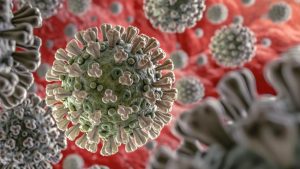For over a year now, families have been worried about elderly loved ones residing in Los Angeles County nursing homes due to the spread of COVID-19 and the number of deaths in skilled nursing facilities. Yet when it comes to infection-control measures in Southern California nursing homes, COVID-19 is not the only issue that can result in serious injury and death to nursing home residents. Indeed, just as the pandemic is beginning to get under control through vaccines, health officials are identifying the rise of serious drug-resistant fungal infections in America’s nursing homes. According to a recent article in The New York Times, “a deadly, hard-to-treat fungal infection . . . has been spreading through nursing homes and hospitals across the United States,” and it is “becoming even more dangerous.”
Drug-Resistant Fungal Infection Evades All Medication
The most worrying recent issue concerning this drug-resistant fungus, Candida auris (or C. auris), is that several cases have been documented in which the infection “was completely impervious to all existing medication,” according to The New York Times article. The U.S. Centers for Disease Control and Prevention (CDC) reported that the drug resistance recently documented is “an alarming development in the evolution of C. auris.” The CDC describes it as “a tenacious yeast infection discovered in Japan in 2009 that has since spread across much of the world.”
 Southern California Nursing Home Abuse Lawyer Blog
Southern California Nursing Home Abuse Lawyer Blog










